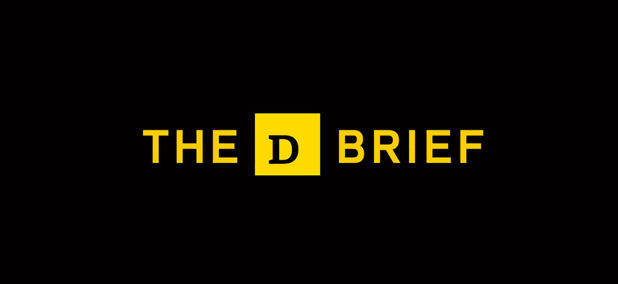U.S. President Donald Trump has made headlines with a surprising statement regarding Ukraine’s ongoing conflict with Russia. On social media, Trump expressed confidence in Ukraine’s ability to reclaim its territory, asserting that Ukraine, supported by the European Union, could “fight and WIN all of Ukraine back in its original form.” This marks a notable shift from his earlier comments seven months ago, when he suggested that Ukrainian President Volodymyr Zelensky did not have the necessary support to defend against Russia’s invasion.
Trump’s comments come as tensions between NATO and Russia have escalated. He emphasized a lack of direct U.S. support for Ukraine, stating, “We will continue to supply weapons to NATO for NATO to do what they want with them.” Furthermore, he indicated that with time, patience, and financial backing from Europe, Ukraine could potentially restore its original borders, which have been altered since the conflict began. “Putin and Russia are in BIG Economic trouble, and this is the time for Ukraine to act,” he added, wishing both nations well.
This pivot in Trump’s rhetoric occurs against a backdrop of increased Russian military activity, including multiple violations of NATO airspace in recent weeks. NATO responded firmly, reaffirming its commitment to support Ukraine as part of its right to self-defense against Russia’s aggressive actions. The alliance’s North Atlantic Council stated, “Allies will not be deterred by these and other irresponsible acts by Russia from their enduring commitments to support Ukraine.”
Despite Trump’s optimistic remarks, analysts suggest that they may not herald a change in U.S. policy. According to Reuters, there is no indication that Trump’s statements would lead to significant U.S. action, such as imposing new sanctions on Moscow. His position implies that Ukraine would need to expel Russian forces from approximately 20% of its territory, including Crimea, which Russia annexed in 2014. This would represent a significant policy shift.
Reactions from U.S. legislators have been critical. Senator Ed Markey (D-Massachusetts) described Trump as “delusional,” asserting that without robust U.S. support, Ukraine faces a grim fate. He accused Trump of siding with Russian President Vladimir Putin over Ukraine’s sovereignty. Similarly, Senator Jeanne Shaheen (D-New Hampshire) emphasized that Trump’s diplomatic overtures have yielded little, noting that Putin is actively testing NATO’s resolve.
European officials have also weighed in on Trump’s comments. One official remarked, “The cards are clear for us. We know what we should be doing,” while Germany’s Foreign Minister highlighted the need for all European states to fulfill their commitments to Ukraine. Experts at Chatham House suggested that Trump’s remarks reflect a realization that Putin has been manipulating the situation, indicating a potential shift in Trump’s approach to finding a diplomatic solution.
In addition to the diplomatic developments, the conflict continues to see military escalation. Ukrainian drone attacks on Russian oil refineries have significantly reduced Russia’s fuel exports, with disruptions affecting over one million barrels per day. Reports from the Financial Times indicate that 16 of Russia’s 38 refineries have been targeted since August, including major facilities near Moscow.
Russian officials are responding to the economic strain of the war by proposing a rise in the value-added tax from 20% to 22% in 2026 to fund military spending. This move highlights the ongoing financial repercussions of the conflict.
As the situation evolves, NATO Secretary General Mark Rutte is in the U.S. for meetings with world leaders during the United Nations General Assembly in New York. This week will be crucial for international diplomacy regarding the ongoing conflict in Ukraine and rising tensions with Russia.
In a related context, United Nations Secretary-General António Guterres called for global cooperation during his address at the General Assembly, noting that the principles of the UN are “under siege.” He urged member states to choose between a world governed by power or one governed by laws, emphasizing the need for collaboration rather than chaos.
As the international community watches closely, the dynamics of U.S. policy toward Ukraine, along with NATO’s unified response to Russian aggression, will continue to shape the future of the region and international relations at large.
